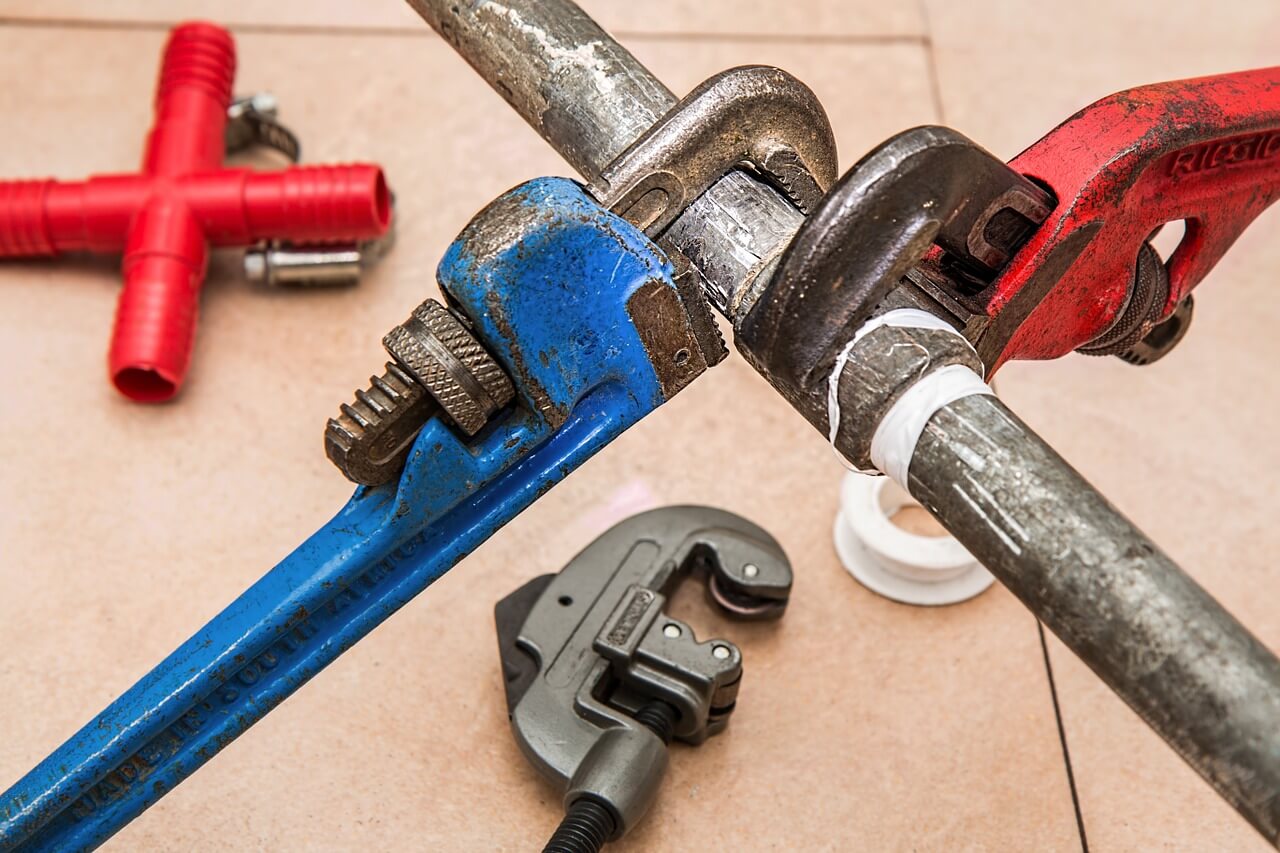This time of year, most students (or at least most of my students) are beginning to work more diligently on their All-State music.
While July and August are taken up with marching band camps and some intense after-school rehearsals, by the end of September most schools are doing at least some concert band work, and the All-State music is (hopefully) taking up at least some of your practice time.
I’ve given several specific things regarding this year’s Kentucky All-State Horn etudes, but I also recently read these two articles which give a couple of easy-to-overlook ways to improve performance in any situation and on any music.
Hack 1 – Sit Up
It’s something that just about every student (on any instrument) will probably hear countless times, but sitting up actually can bring lots of benefits.
Of course, sitting up is essential for wind players. Slouching causes all sorts of issues with breathing and tone production, and it can also be very uncomfortable to do for long rehearsals. Additionally, pianists and string players also need to sit up to maintain correct body position with their instrument, but these physical issues aren’t the only reason to sit up.
A recent study of 125 college students found that students who struggled with math or had general test anxiety felt more confident about their performance when sitting upright. While students that didn’t have general test anxiety also did better, the differences between the slouched and upright difficulty weren’t as significant.
Unfortunately, there is no real information given on how the test scores between slouched and upright differed, only how difficult the task felt. All this means that although sitting upright may not give you a perfect performance, it can help you feel more confident about your preparation and that may help you perform closer to your maximum potential.
Hack 2 – Drink (Water)
This is something I’ve been doing a bit more of recently, and although water won’t give you the high C you’ve always wanted (but never practiced), it can help your mental focus and playing consistency.
The link above discusses a couple of studies that found that mild dehydration impacted performance in mental tasks such as card games and exam taking.
No one (yet) has done any research relating (de)hydration to musical performance (either on stage or in a practice room), but if hydration has such a big impact on concentration and focus, it’s not surprising that it would improve your musical output.
Final Thoughts
First, remember that these two quick fixes won’t replace good practice fundamentals. Make sure that you have a good warmup/fundamental routine, start difficult music slowly, and use a metronome often.
But, next time you get frustrated or stuck on a particular piece, excerpt, or phrase, don’t forget to check your posture and grab a quick drink of water. While it may seem unlikely, these two things can have a surprising effect on your practice productivity.


Leave a Reply
You must be logged in to post a comment.